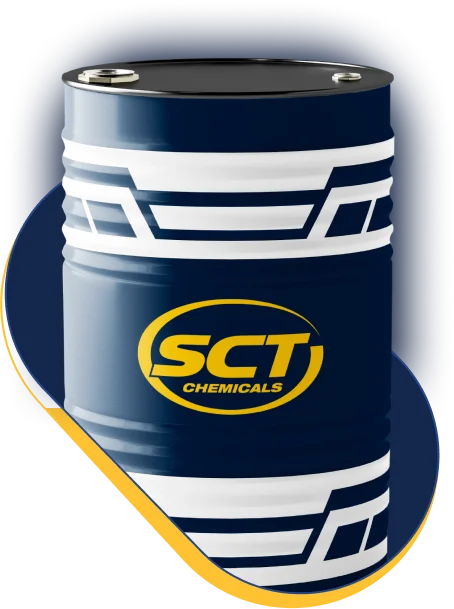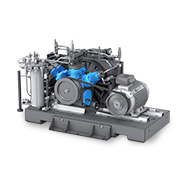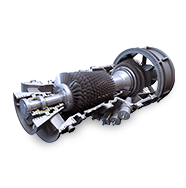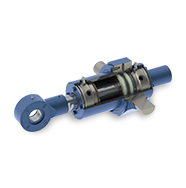SC 51044 is a Zink-Free Additive Package, used in the formulation of high-quality, high-pressure, odorless, and
ashless anti-wear (AW) hydraulic oils. It exhibits outstanding AW and EP (Extreme Pressure) properties and
demonstrates excellent oxidation stability. Additionally, it can be employed in the production of rust preventatives and
anti-oxidation oils (R&O) for use in paper machines.
General Application
SC 51044 used for production Hydraulic oils for Zinc-free Hydraulic oils. This Additive Package is mainly used to blend
hydraulic oil applied in more than 30Mpa ram pump, vane pump more than 14~17.5Mpa hydraulic system, which widely
used in metallurgy, plastics, mineral and construction machineries. Also, here’s where these hydraulic oils are commonly
used:
- Industrial Machinery: Hydraulic systems are widely used in industrial machinery, including hydraulic presses, manufacturing equipment, and metalworking machines. Hydraulic oils meeting these standards are used to power and lubricate the components of these machines.
- Construction Equipment: Hydraulic systems are integral to construction equipment like excavators, bulldozers, cranes, and loaders. They require high-quality hydraulic oils to ensure efficient and reliable operation.
- Agricultural Machinery: Tractors, combine harvesters, and other agricultural equipment rely on hydraulic systems for tasks like lifting, steering, and tilting. Hydraulic oils meeting these standards are used to power and protect these systems in farming operations.
- Marine Applications: Hydraulic systems are used in various marine applications, including ship steering systems, anchor handling equipment, and winches. Hydraulic oils that meet these standards are chosen for their performance and environmental compatibility in maritime environments.
- Mining Equipment: The mining industry uses hydraulic systems in drilling rigs, loaders, and haul trucks. Hydraulic oils conforming to these standards provide the necessary lubrication and protection in the harsh conditions of mining operations.
- Automotive Manufacturing: Automotive manufacturers employ hydraulic systems in their production processes. Hydraulic fluids that meet specific standards are used to power the hydraulic components of assembly lines and other machinery.
- Paper Machine Industry: The paper manufacturing industry relies on hydraulic systems in various processes. Hydraulic oils meeting these standards are used for hydraulic equipment in paper machines to ensure smooth and efficient operation.
- Test Rigs and Hydraulic Laboratories: Hydraulic test rigs and laboratory equipment often use hydraulic oils that meet recognized standards to maintain precise and reliable test conditions.
- General Manufacturing: These hydraulic oils find use in a wide range of manufacturing processes, including plastics production, metal stamping, and more, wherever hydraulic systems are employed.



Features / Benefits
- Efficient Lubrication: Hydraulic oils provide effective lubrication to the moving components within hydraulic systems. This reduces friction and wear, extending the lifespan of critical parts such as pumps, valves, and cylinders.
- Anti-Wear Properties: Many of these oils are designed with anti-wear properties, which help prevent premature wear and damage to hydraulic components, reducing maintenance and replacement costs.
- Extreme Pressure (EP) Protection: Hydraulic oils meeting certain specifications, like EP additives, are better suited for hydraulic systems operating under high loads and pressures, ensuring their continued operation even in demanding conditions.
- Oxidation Stability: These oils are often engineered to resist oxidation, maintaining their performance over time and reducing the formation of sludge and deposits, which can clog hydraulic components.
- Corrosion Resistance: Some hydraulic oils are formulated to provide corrosion protection for components exposed to moisture, preventing rust and extending equipment life.
- Compatibility: Meeting recognized standards ensures compatibility with the materials used in hydraulic systems, reducing the risk of leaks, seal damage, or other compatibility issues.
- Environmental Compliance: Certain hydraulic oils are designed with environmental considerations in mind, offering biodegradability and reduced toxicity. This is particularly important in applications where spills or leaks could impact the environment.
- Consistency and Quality: These oils are produced to consistent quality standards, ensuring that each batch meets specific performance criteria, which is vital for reliable hydraulic system operation.
- Industry Compliance: Using hydraulic oils meeting industry-specific standards ensures compliance with industry regulations and equipment manufacturer recommendations, reducing the risk of equipment failure or warranty issues.
- Longer Equipment Life: By providing effective lubrication, anti-wear protection, and corrosion resistance, these oils contribute to longer equipment lifespan, reducing the need for frequent repairs and replacements.
- Reduced Downtime: Consistent and reliable hydraulic performance, as facilitated by these oils, minimizes downtime due to maintenance or equipment failures, increasing productivity.
- Cost Savings: The extended lifespan of hydraulic components, reduced maintenance requirements, and improved equipment reliability translate into cost savings over the long term.
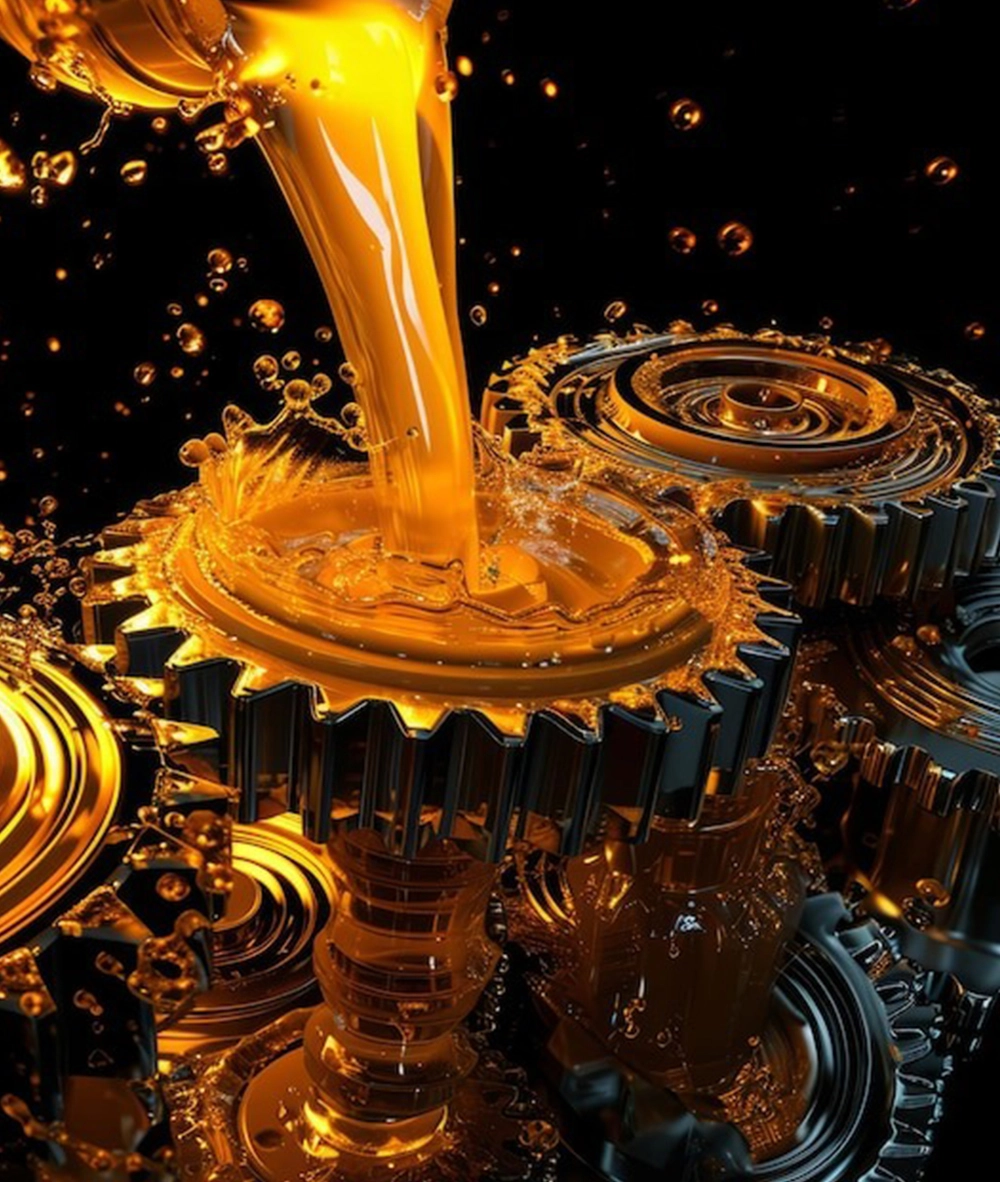
Specifications
- DIN 51524-part 3
- Denison HF-0, HF-1, HF-2
- Eaton Vickers 694
- Fives Cincinnati P-68, P-69, P-70
- Bosch Rexroth
- ISO 11158
- ASTM 6158


